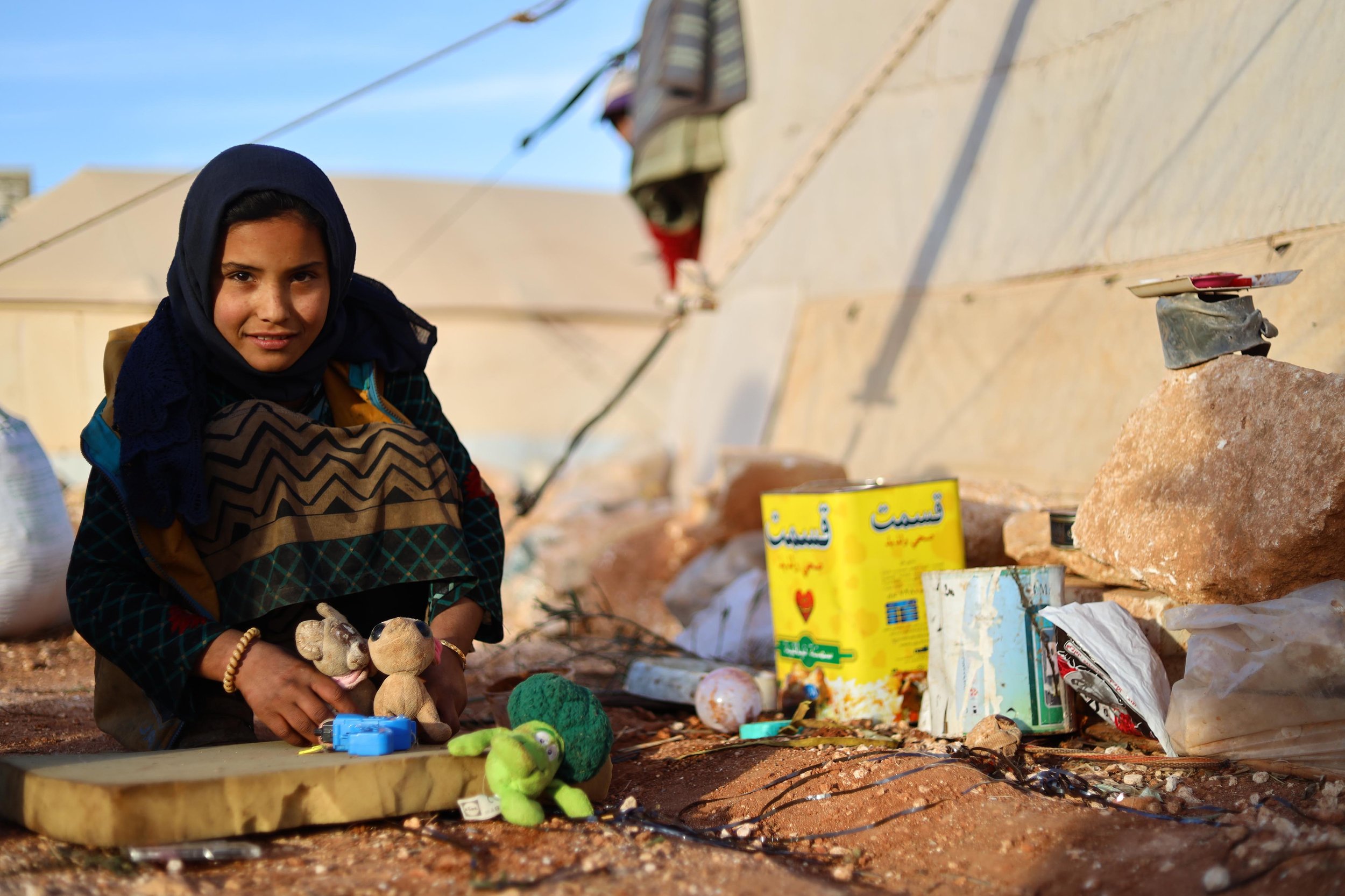
When the planes ravage the earth
In war, civilians must be spared. War must be fought between armies on empty battlefields. This is a moral humanitarian concept that has existed in Europe for centuries. The introduction of bombers put civilians in a new and exposed position. Cities with civilian populations soon became the main battleground of the war. Today’s wars continue to unfold in cities. When cities are bombed, most victims are civilians, even though international law prohibits warring parties from attacking civilian populations and civilian infrastructure.
Learn more about what the law says and what it does not in this Red Cross teaching programme here.
Photo top: The British city of Coventry was targeted by German bombers in 1940.
Fox Photos/Getty Images
Air strikes on civilians
The idea of aerial warfare was conceived in Libya more than a hundred years ago. One autumn day in 1911, a young Italian pilot threw a grenade from his plane at troops on the ground. Libya was then a province under the Turkish Ottoman Empire with which Italy was at war.
The new technology proved to be imprecise. The bombs hit everyone far and wide. Soon, ordinary people in ordinary houses in ordinary cities found themselves in the middle of the fighting. Children sleeping peacefully in bed could be killed by bombs in the blink of an eye.
© lWM This image was on the front page of Life Magazine 23 September 1940. Eileen Dunne was hit by splinters from a German bomb during the Battle of Britain. Here she is in hospital.
Photo: Julien Bryan/United States Holocaust Memorial Museum
Bodø, Norway 1940
On 9 April 1940, Norway was attacked by German forces. German bombers had orders to bomb all cities where they met resistance. Namsos, Steinkjer, Elverum, Molde, Kristiansund and Narvik were destroyed in German bombings. On 27 May, Bodø was bombed. The town was seen as a military support base for Narvik where fighting was taking place, but the raid hit civilians hard. 15 people lost their lives. Of the town’s 760 houses, 420 were destroyed.
Photo: Omar Albam/SOPA Images/LightRocket via Getty Images
From town to town
In 1937, the small Basque town of Guernica was destroyed in an air raid. The targets were the railway station, a factory, and an important bridge, but when the planes disappeared, Guernica was in ruins. This was the first time in Europe’s history that an air raid affecting civilians became known throughout the world.
Since then, innocent people all over the world have been targeted from the air. A common thread runs from Guernica and the bombing of cities like Dresden and Hiroshima to Aleppo and Ukraine in our time.
Warsaw, Poland 1939
1 September 1939, Nazi Germany attacked Poland. This became the start of World War II. Civilians, like this ten-year-old girl in the photo, were in the line of fire. Her sister is in despair. The accident happened when a group of women were out digging potatoes. German planes flew in at low altitude and swept over the area with machine guns. Whether the raid was aimed at civilians, and thus was a war crime, is unknown.
Bodø after the bombing in 1940.
Photo: Frivik family album
Syria 2021
Imagine a situation in which your home and school have been destroyed by bombing. There is no electricity or water, the roads are damaged, and the police are gone. Dangerous people roam the ruins. This is the situation for many children in areas that have been destroyed by bombings. This image is from Syria in 2021.
Can raids that target civilians be justified?
There are clear rules for war. These rules are enshrined in international law.
The parties to a war must distinguish between civilian and military targets. Civilians who are not participating in hostilities must be spared. Inflicting greater evils, especially on civilians, than are necessary to advance legitimate aims is not permissible. This is difficult when war is being fought in urban areas.
Infrastructure in cities is closely associated with utility networks. If water, sewage, or electricity is destroyed in one location, all or large parts of the city may be affected. In some wars, the civilian population has been the target of air strikes. Such attacks are a war crime.
The best and worst of us
War can bring out the best and the worst in people. Not only in the warring parties directly involved, but also in all those on the outside.
Wars that take place far away can feel like something abstract, and the victims seem alien to us. It is easy to think that it does not concern us. Can we do anything to prevent war?
Olette Blikø chose to view the unknown pilot whom she saved in 1943 as a human being, not as an alien or an enemy.





